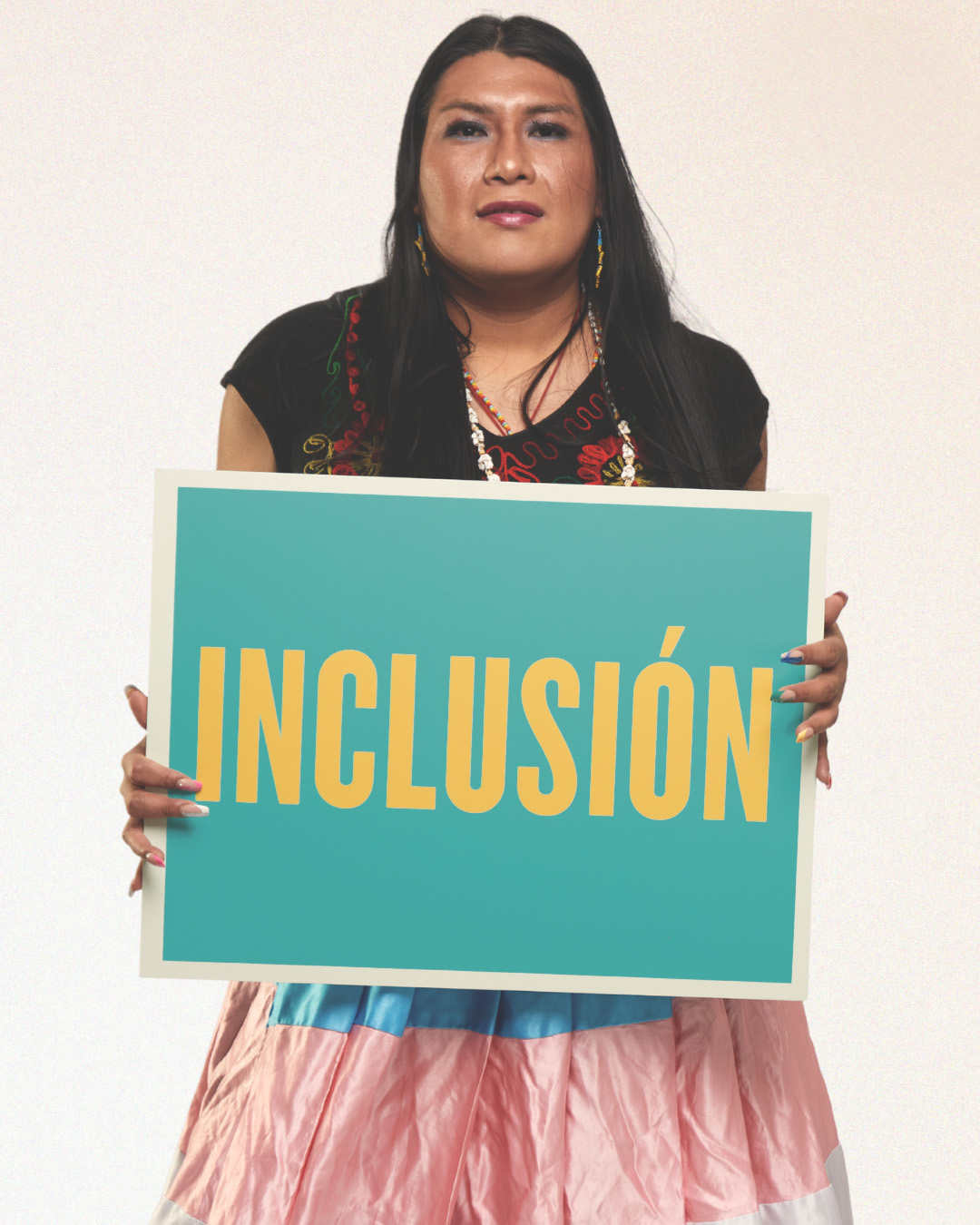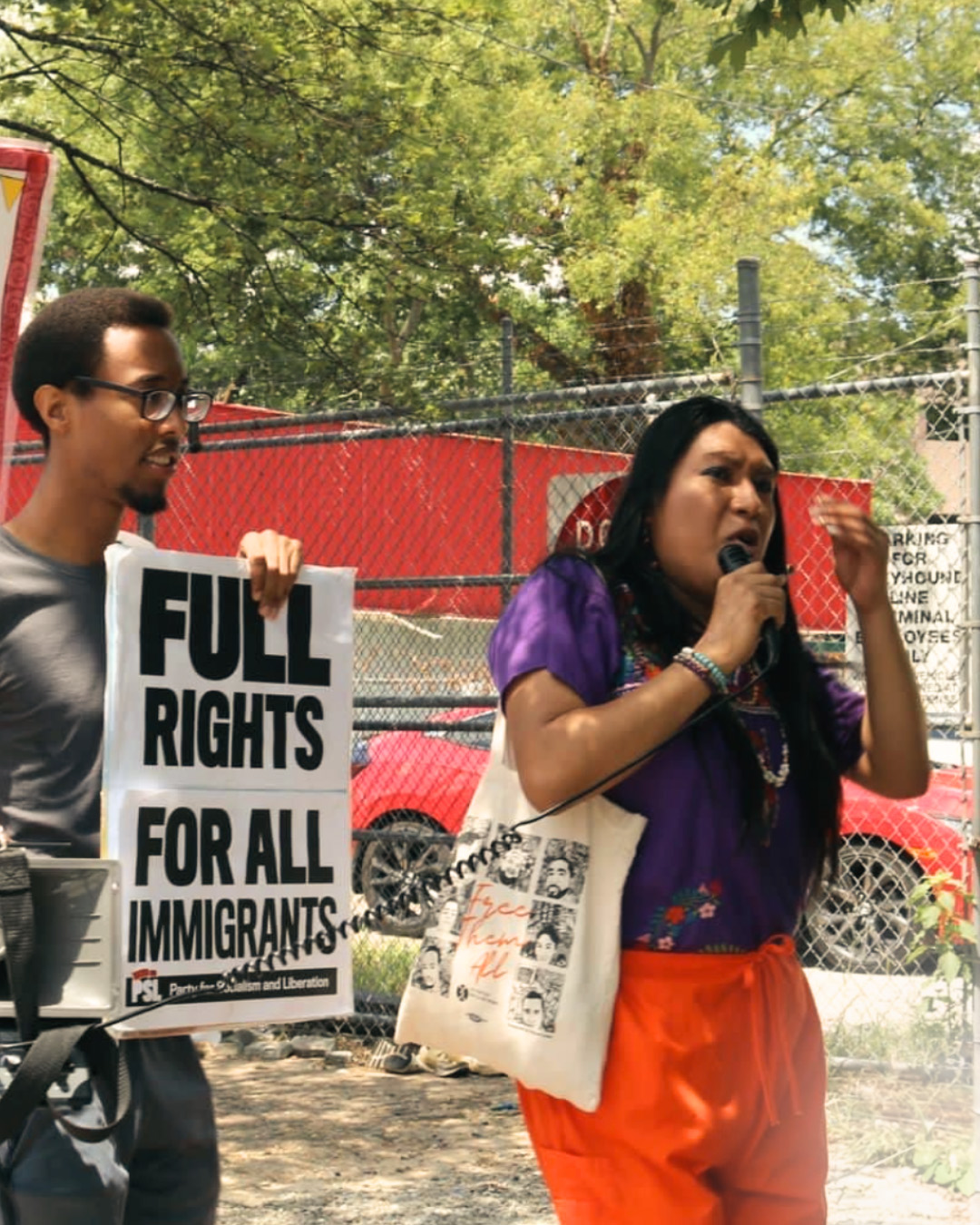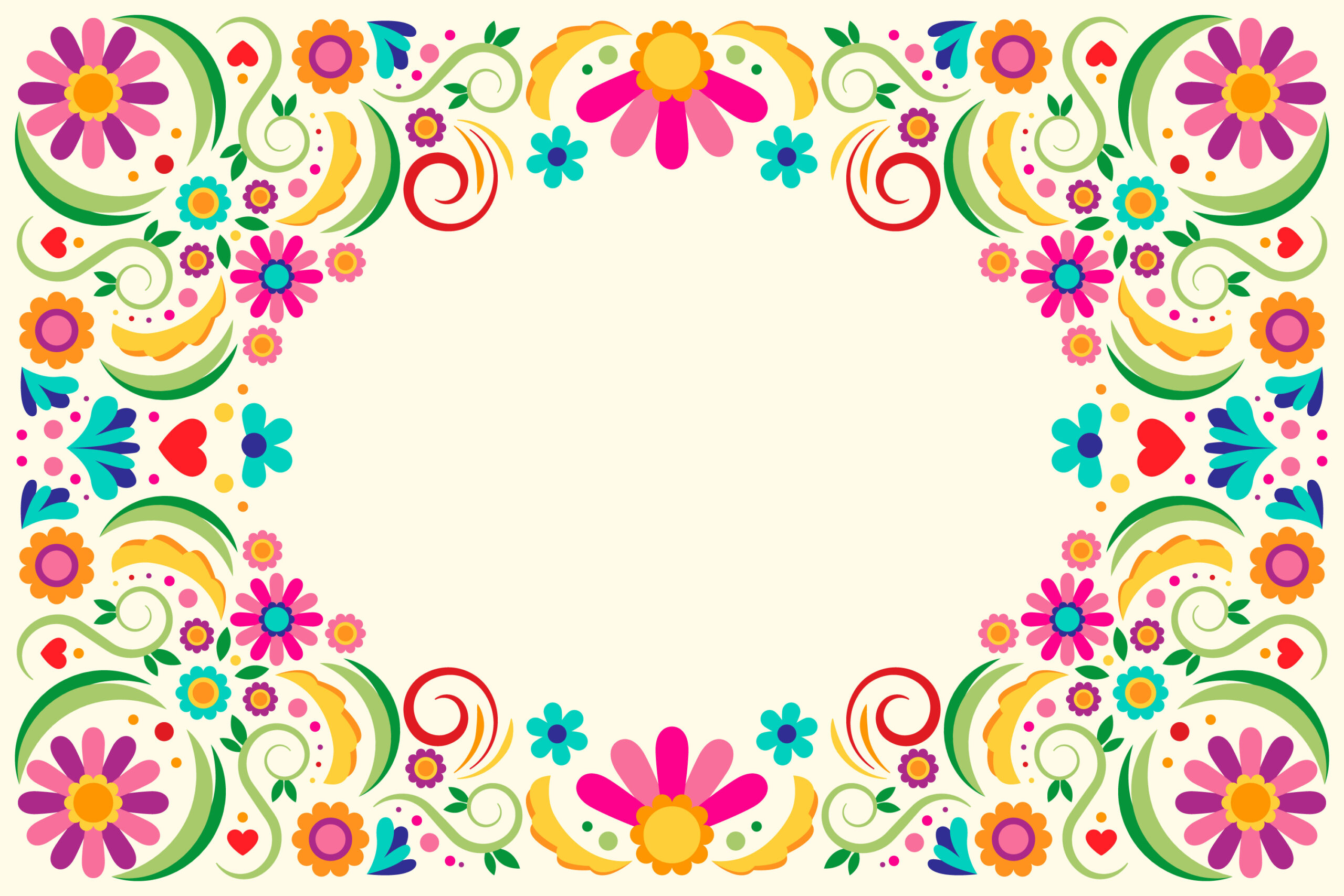Li Ann Antonio Sanchez (Estrella)

Content Warning: The following story contains material that may be harmful or traumatizing to some audiences.
I was born in a small, remote town between Veracruz and Oaxaca, Mexico, and began my journey as a trans woman and an Indigenous individual. Discrimination was a constant companion throughout my life. At a young age, I experienced abuse by a man and was held against my will in Mexico City. At seventeen, I was able to finally break-free with the “help” of a woman who promised me a job in America. However, upon my arrival in the United States, I was confronted with the harsh reality of human trafficking and endured a year of forced prostitution in a brothel.
After being able to escape this horrific reality, I faced yet another barrier — being an undocumented immigrant who didn’t speak English. I was eventually incarcerated. I spent a year in an immigration prison, in solitary confinement, solely because of the various identities I hold. However, this experience that was meant to break me, empowered me to speak out against the injustices within the immigration system.
When I was finally released, I carried a burning desire for justice for our communities. I became actively involved in pro-immigrant, pro-queer, and pro-community movements. It was a journey fueled by dedication and an unquenchable thirst for change. I believe that anyone, with the same determination, can work towards inclusion.
Inclusion to me embodies a profound sense of respect, courage, and the recognition that we are integral parts of various communities. I proudly stand at the intersection of being a trans immigrant, Latina, and an Indigenous woman. My identity has often made me feel like a minority, but in reality, we’ve always existed; it’s the system that fails to acknowledge our presence.

Marginalization has cast a shadow on my journey. I’ve been made to feel different because of my ethnicity, immigration status, gender identity, or other factors. But understanding inclusion means celebrating the diverse identities we represent. It’s about respecting and embracing these differences, which is crucial in the community I work with. Sometimes, our diversity is seen as a barrier, excluding us from important conversations and opportunities.
The system often silences our voices, and it can be frustrating. We are individuals with values, courage, and dedication. However, our contributions often go unnoticed. But amid these injustices and challenges, there’s also a brighter side—a side that has helped me thrive within the circles where inclusion exists.
I had the honor of being Representative Park Cannon’s first legislative aide who is undocumented, Latina, Indigenous, and Spanish-speaking. With much work and tears, I also founded Community EsTr(El/La), an organization dedicated to defending, mobilizing, and empowering indigenous communities including the trans/queer (LGBTQ+) community. My journey here was marked by unwavering effort, dedication, and a relentless pursuit of justice. I firmly believe that through hard work and commitment, anyone can contribute to creating a more inclusive society. Inclusion isn’t just a word; it’s a movement, a path to change, and a testament to the strength of diversity.

